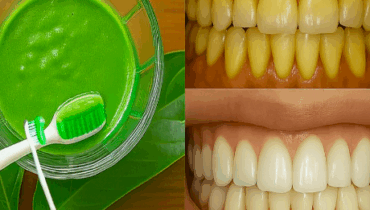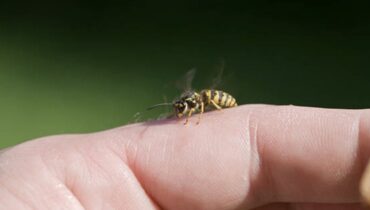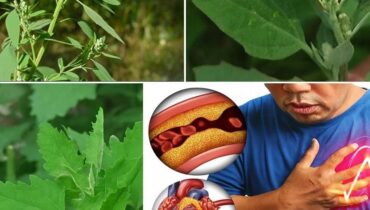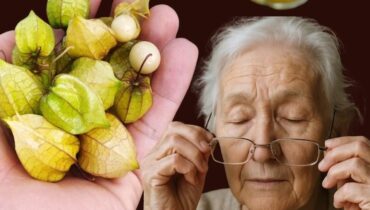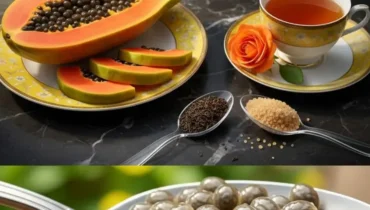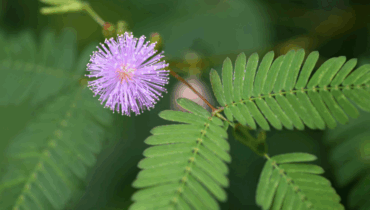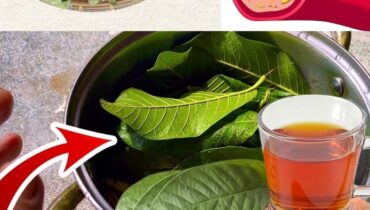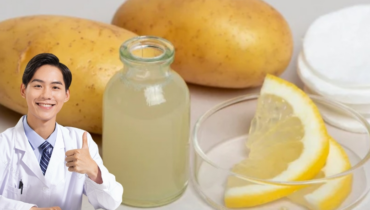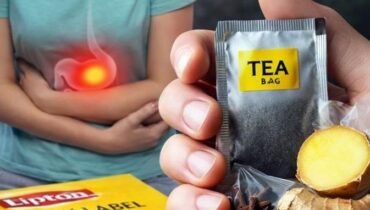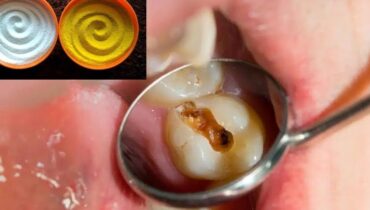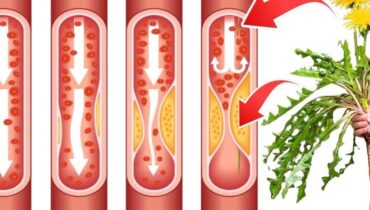📌 Datura Stramonium: Miracle Herb or Deadly Temptation?

Posted 29 August 2025 by: Admin
Under the glow of the moon, its trumpet-shaped flowers seem to invite dreams and mystery. Yet behind the elegance of Datura stramonium lies a fascinating duality: healing and danger. Sacred to shamans and dreaded by doctors, this plant intrigues as much as it frightens.
Datura stramonium, often called jimsonweed or devil’s trumpet, is an annual plant from the Solanaceae family, thriving in both temperate and tropical regions, from North American fields to Asian roadsides. Its jagged leaves, spiky seed pods known as thorn apples, and fragrant blossoms make it easy to recognize. Its power comes from tropane alkaloids such as atropine, scopolamine, and hyoscyamine—compounds valued for their therapeutic effects but notorious for extreme toxicity.
For centuries, Datura has been intertwined with human history. Ancient Ayurvedic texts praised its sedative properties, Native American shamans used it in sacred rituals, and medieval Europeans sought its hallucinogenic effects. Yet its unpredictable potency has also earned it infamy, with stories of cures, poisonings, and cautionary legends. Understanding its dual nature is essential to exploring its potential without falling into peril.
🌬️ 5 Astonishing Benefits of Datura Stramonium
Despite its troubling reputation, Datura stramonium possesses remarkable pharmacological properties—usable only under strict medical supervision. Here are five documented benefits.
Relief for Asthma and Breathing Difficulties
Its alkaloids, particularly scopolamine, act as powerful bronchodilators, relaxing airway muscles. In the 19th century, doctors prescribed smoking dried Datura leaves to calm asthma attacks. Modern research has confirmed these effects, showing results similar to today’s inhalers, though the risks prevent any domestic use.
⚠️ Safety tip: Only a qualified health professional should administer Datura for respiratory purposes.
Pain Relief and Muscle Relaxation
Thanks to hyoscyamine, Datura has analgesic and antispasmodic properties. Traditionally, it was used against joint pain, cramps, and spasms. Topical applications like ointments or pastes showed benefits, but its use remains hazardous without expert control.
Antimicrobial and Anti-Inflammatory Power
Its leaves and seeds contain extracts that can combat bacteria such as Staphylococcus aureus and Pseudomonas aeruginosa. In traditional Indian and Ethiopian medicine, it was used to reduce inflammation and ease rheumatism.
🌿 Safety tip: Never use Datura extracts without professional supervision.
Treating Skin Conditions
Datura juice or blends with sesame oil have historically been applied to wounds, boils, or earaches. These uses draw on its antimicrobial and anti-inflammatory properties, but absorption of alkaloids through the skin poses serious risks.
🩺 Safety tip: Limit topical use to preparations overseen by professionals.
Sedative and Sleep Support
Anticholinergic alkaloids such as scopolamine have sedative effects, reducing anxiety and promoting sleep. Some studies reported shorter sleep latency with small doses, but the danger of intoxication makes it too risky compared to safer options.
😴 Safety tip: Choose proven alternatives like chamomile or melatonin instead.
⚠️ The Deadly Risks of Datura Stramonium
While its therapeutic promises intrigue, its lethal dangers cannot be denied. Tropane alkaloids can trigger anticholinergic syndrome, causing everything from dry mouth and hallucinations to rapid heartbeat, seizures, and even coma. Toxic strength varies by plant part, season, and individual specimen, making dosing nearly impossible without expert knowledge.
Main risks: prolonged, terrifying hallucinations (up to 72 hours), potentially fatal anticholinergic syndrome, organ damage (liver, brain, spleen), accidental poisoning—especially in children, and severe interactions with certain medications.
🛡️ Safe Use Guidelines
Never self-medicate, avoid ingestion, wear gloves when handling the plant, keep it away from children and pets, favor safer alternatives (like inhalers or gentle herbs), and learn to recognize poisoning symptoms (dilated pupils, confusion, rapid heartbeat).
🚫 High-Risk Populations
Pregnant or breastfeeding women, people with heart disease, patients with glaucoma, individuals with psychiatric disorders, and children are particularly vulnerable.
😱 A Real-Life Warning
In 2020, a family in India mistakenly consumed Datura seeds, confusing them with edible spices. Within hours, hallucinations, rapid heartbeat, and confusion set in. Thanks to urgent medical care, the victims survived, but their ordeal highlights the grave dangers of this plant.
🌱 Exploring Herbal Remedies Safely
Datura’s promise is undeniable, but its dangers make it unsuitable for casual use. For safe herbal practices: choose plants with proven safety profiles, always consult professionals, start with small supervised doses, monitor reactions, and raise awareness of toxic plants like Datura.


